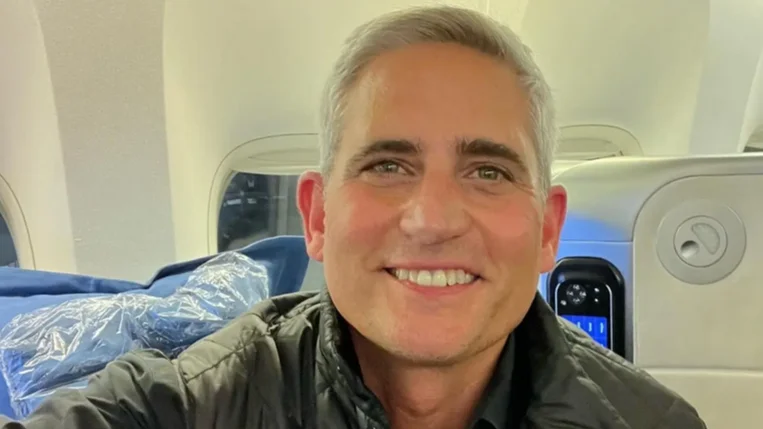The Federal Aviation Administration (FAA) has raised concerns about a potential issue with certain GE Aerospace CF34 engines. These engines, which power aircraft such as the Embraer E170, E175, and E190, as well as various models of the Mitsubishi CRJ series, may experience a reduction in the cyclic life of their combustion chamber assembly (CCA). This could lead to an uncontained engine failure.
In response to this issue, the FAA has issued a notice of proposed rulemaking (NPRM) that could result in a final rule airworthiness directive (AD). The agency stated: “This proposed AD would require fluorescent penetrant inspections (FPIs) of the CCA for any indications and replacement if necessary. The FAA is proposing this AD to address the unsafe condition on these products.”
GE Aerospace's analysis during a ream repair revealed that the cyclic life of certain components was lower than expected. The FAA warned: “This condition, if not addressed, could result in failure of the CCA before reaching the published life limit, uncontained release of the CCA, damage to the engine, and damage to the airplane.”
 Alerts Sign-up
Alerts Sign-up










